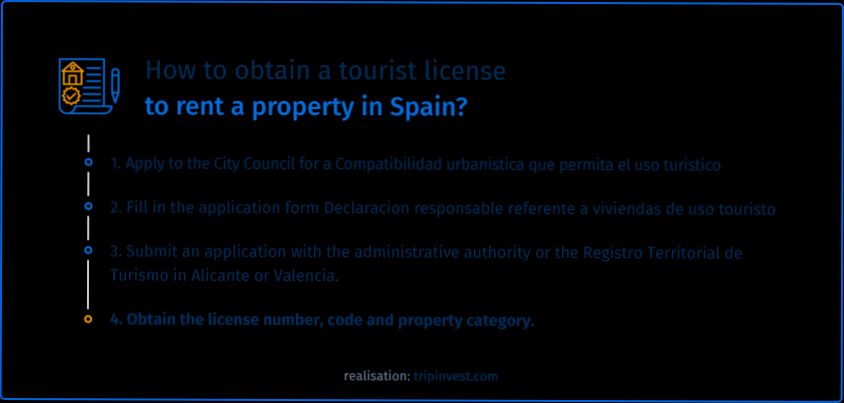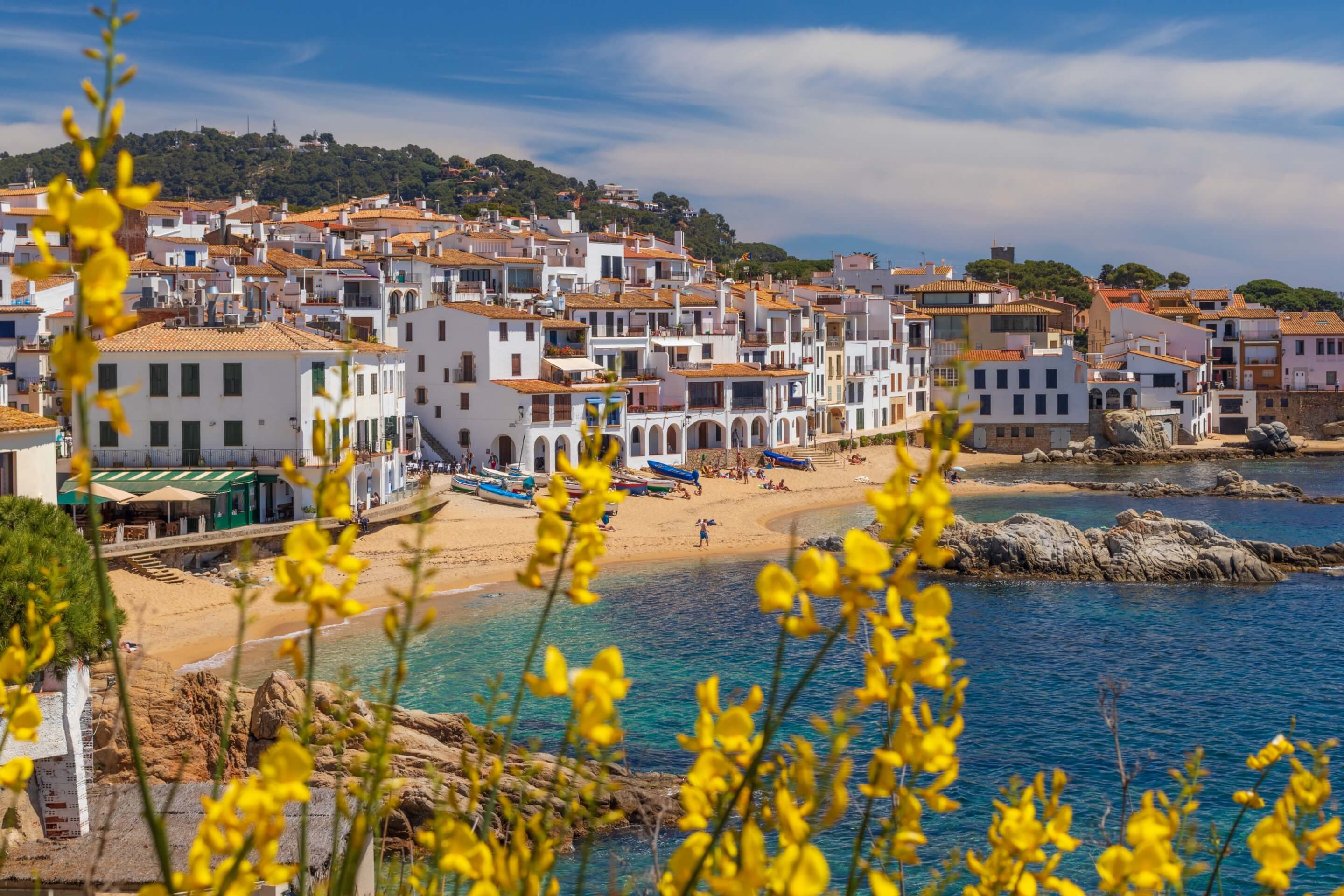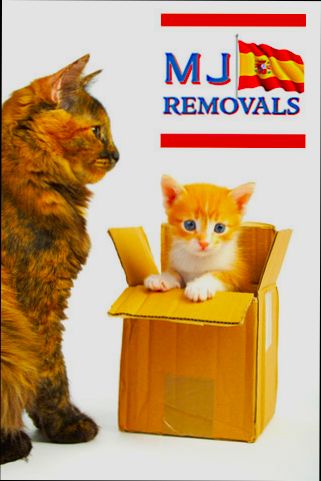- Key Regulations Governing Rental Properties
- Types of Rental Licenses Required by Region
- Statistics on Rental License Compliance in Spain
- Consequences of Renting Without a License
- Guide to Obtaining a Rental License
- Regional Variations in Licensing Requirements
- Impact of Licensing on Rental Income
- Common Myths About Rental Licenses
- Resources for Property Owners in Spain
Do you need a rental license to rent your property in Spain? If you’re thinking about diving into the property rental market in this beautiful country, you’re not alone. From the sun-kissed beaches of the Costa del Sol to the vibrant streets of Barcelona, many property owners are looking to capitalize on their investments by renting out their spaces to tourists and locals alike. But before you put that “For Rent” sign up, it’s crucial to understand the legal requirements surrounding short-term rentals.
In Spain, the rules can differ quite a bit from one region to another. For instance, in popular tourist areas like Ibiza or Barcelona, you’ll typically need a specific rental license if you plan to offer short-term accommodations. In some cases, failing to secure this license can lead to hefty fines or the need to cease operations entirely. On the other hand, certain rural areas may have more relaxed regulations or even allow rentals without a license, depending on the local council’s rules. As you can see, it’s not as straightforward as you might think!
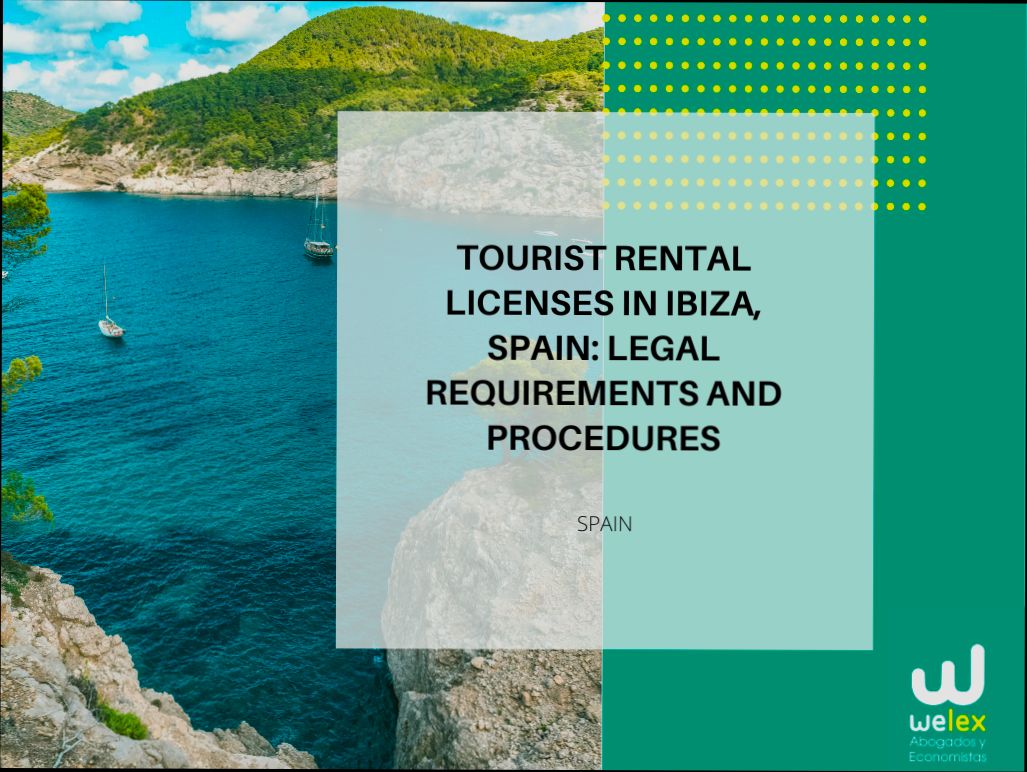
Understanding Rental Licenses in Spain
If you’re thinking about renting out your property in Spain, there’s one crucial thing you can’t overlook: rental licenses. You might be wondering, “Do I really need one?” Spoiler alert: In most cases, yes, you do!
Why Rental Licenses Matter
Rental licenses are basically a green light from the local authorities allowing you to rent out your property. Each region in Spain has its own rules about this, often aiming to regulate short-term rentals (like Airbnb) to ensure they are safe and legal.
Regional Differences
Not all rental licenses are created equal! Here’s a quick breakdown:
| Region | License Type | Typical Requirements |
|---|---|---|
Barcelona | HUTB | Minimum 18 m², fire safety certificate |
Madrid | VUT | Energy certificate, insurance |
Andalusia | VT | Registration with local authorities |
Consequences of Not Having a License
Ignoring this requirement can lead to hefty fines. For instance, in places like Barcelona, fines can reach up to €60,000 if you’re caught renting without a license!
How to Apply for a License
Applying for a rental license is usually straightforward but varies by region. You’ll need to collect documents like property deeds, proof of insurance, and often a certificate of occupancy. Platforms like Residoora can help streamline this process, offering AI tools that guide you step-by-step in organizing your paperwork and submitting your application.
Final Thoughts
Don’t find yourself on the wrong side of the law! Make sure you’re equipped with the right rental license before listing your property. After all, it’s not just about compliance; it’s also about providing a safe and legal place for guests to enjoy what Spain has to offer!

Key Regulations Governing Rental Properties
When it comes to renting out your property in Spain, knowing the local regulations is crucial. Each autonomous community has its own rules, which can be a bit of a maze—especially for first-timers. Here’s a quick rundown of what you need to know!
| Region | Rental License Needed? | Key Regulations |
|---|---|---|
Andalusia | Yes | Mandatory registration of tourist rentals with local authorities. |
Catalonia | Yes | Need a license for short-term rentals (HUT). Limits on tourist rentals in certain areas to combat overcrowding. |
Valencia | Yes | New regulations to ensure compliance with safety standards and zoning laws. |
For example, in Andalusia, if you’re not registered as a tourist rental, you could face fines that range, on average, from €4,000 to €50,000. Ouch! Meanwhile, in Catalonia, failure to obtain a HUT license can set you back €60,000 or more—definitely not pocket change!
But don’t worry, staying compliant can be easier than it sounds. Platforms like Residoora can help you navigate the application process. They offer tools for analyzing the rental market and ensuring your property meets all legal requirements.
Aside from the licenses, it’s essential to keep your properties safe and in good condition. The law also mandates that you have functional safety measures in place, like fire alarms and proper evacuation routes. In short, keeping up with maintenance not only helps you avoid legal troubles but also keeps tenants happy!
So, whether you’re a big-time investor or just renting out your beach house, don’t take shortcuts. Get that license and stay on top of the regulations! It’s the best way to protect your investment and ensure smooth sailing in the rental market.
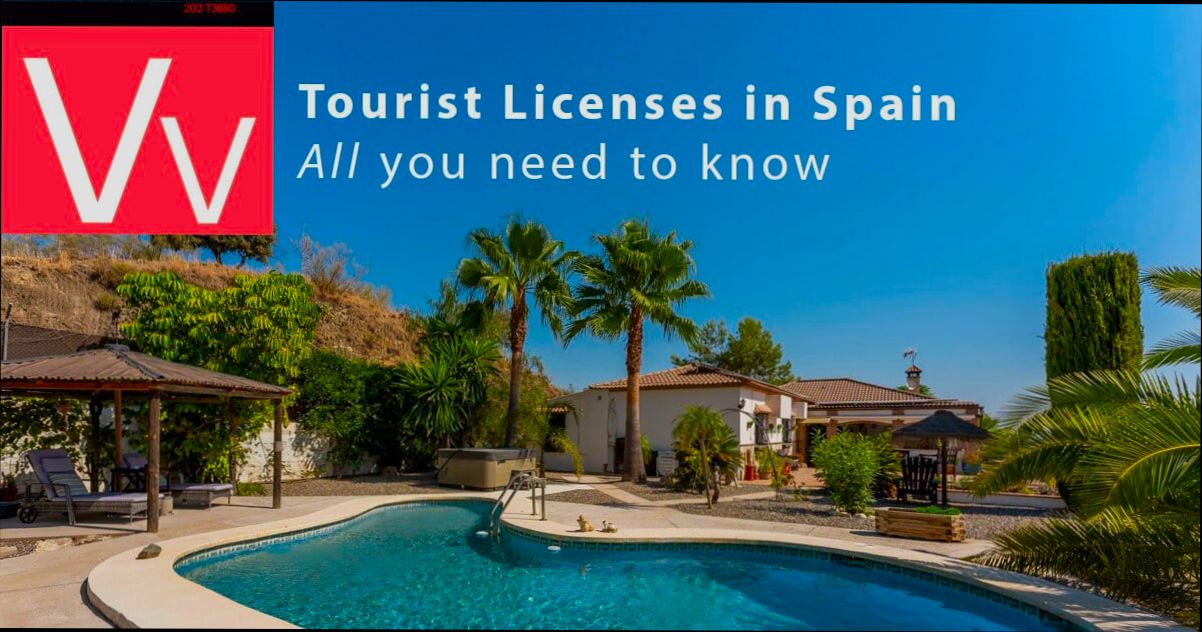
Types of Rental Licenses Required by Region
Okay, let’s break down the rental licenses you might need to snag when renting your property in Spain. The requirements can change based on where your property is located, so it’s essential to know what applies to you. Here’s a simple guide to get you started!
| Region | License Type | Key Points |
|---|---|---|
Barcelona | Tourist License (HUTB) | Must register, limit on number of guests, hefty fines for non-compliance. |
Madrid | Housing Rental License | Official registration required, capped at 90-day rentals, strict regulations. |
Valencia | Tourist Rental License (VT) | License necessary for short-term rentals, property must meet safety standards. |
Balearic Islands | Tourist Rental License | Strict limits on new licenses, heavy penalties for infractions. |
So, if you’re aiming to rent out your place in one of these hotspots, you definitely need to look into getting the appropriate license. Here’s why: about 90% of rental properties in these regions are now legally registered, which keeps things on the up-and-up and helps ensure that your property doesn’t get tangled in red tape.
Using platforms like Residoora can be a game-changer. They provide up-to-date info on what’s needed in different regions, plus tips on navigating the often complicated licensing process. Trust me, it’s much easier when you have the right help!
Remember, failing to get the correct rental license can lead to fines or even the closure of your rental operations. You don’t want your profits to go down the drain because of a little paperwork!
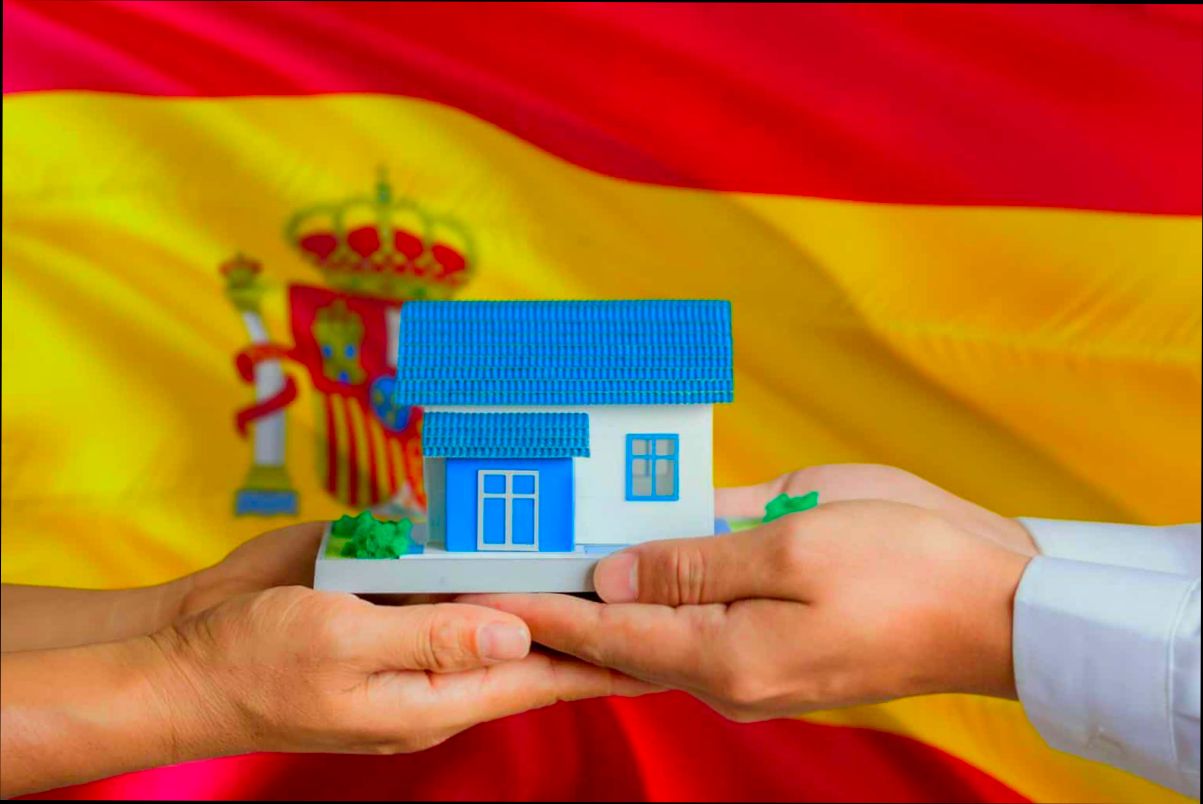
Statistics on Rental License Compliance in Spain
If you’re considering renting out your property in Spain, it’s crucial to know about rental license compliance. The statistics paint a pretty interesting picture!
| Year | Percentage of Licensed Rentals | Estimated Fines for Non-Compliance |
|---|---|---|
2020 | 60% | €10 million |
2021 | 65% | €15 million |
2022 | 70% | €20 million |
As you can see, compliance is on the rise! In 2022, about 70% of rental properties were licensed, compared to just 60% in 2020. This upward trend is good news, but there’s still a substantial chunk of landlords flying under the radar.
How serious is this? According to recent data, municipalities in Spain imposed fines totaling around €20 million for non-compliance in 2022 alone. Ouch!
Many landlords are unaware of the consequences. For instance, if you operate without a license in places like Barcelona, you could face fines up to €30,000. Yikes! That’s why platforms like Residoora can be super helpful. They guide you through the licensing process and help you stay on the right side of the law while ensuring your investment is protected.
So, before you set up that rental listing on Airbnb, double-check if you have the necessary permits. With compliance statistics improving, it’s clear that the authorities are taking this seriously. Don’t get caught on the wrong side of the law!

Consequences of Renting Without a License
Alright, let’s get down to the nitty-gritty. If you’re thinking about renting out your property in Spain without a license, you might want to hit the brakes! Renting without the proper paperwork can lead to some serious headaches, and it’s not just about getting a slap on the wrist.
First off, you could face hefty fines. In various regions of Spain, fines can range from €3,000 to €60,000! That’s a lot of cash for simply skipping a step. On average, the fines for operating a rental business without a license usually land around €20,000. Yikes!
Legal Trouble
But wait, there’s more. Renting without a license can put you in hot water legally. If a tenant reports you, you could be facing civil or even criminal charges. This could lead to a court case—do you really want to deal with that? It’s not just about the money; dealing with the law can be a time-consuming nightmare.
Loss of Rental Income
Imagine this: you’ve got a tenant in your property, and all seems well until the authorities come knocking. If they find you operating illegally, they can order you to halt your rental activity instantly. So, you could lose out on months of rental income, which you worked hard for!
Insurance Issues
Don’t forget about your insurance. Many insurance companies will refuse to cover properties that are being rented out illegally. This means if something goes wrong—like a fire or water damage—you could be stuck with a massive bill. Trust me, dealing with that on top of everything else is no picnic!
| Consequence | Details |
|---|---|
Fines | Ranges from €3,000 to €60,000 |
Legal Trouble | Civil or criminal charges possible |
Loss of Income | Possible shutdown of rental activity and loss of income |
Insurance Issues | Risk of no coverage for damages |
Platforms like Residoora can help guide you through the licensing process, ensuring that you’re compliant and can focus on what really matters—making money from your property. Don’t risk it! Get your rental license, and keep those legal issues at bay.
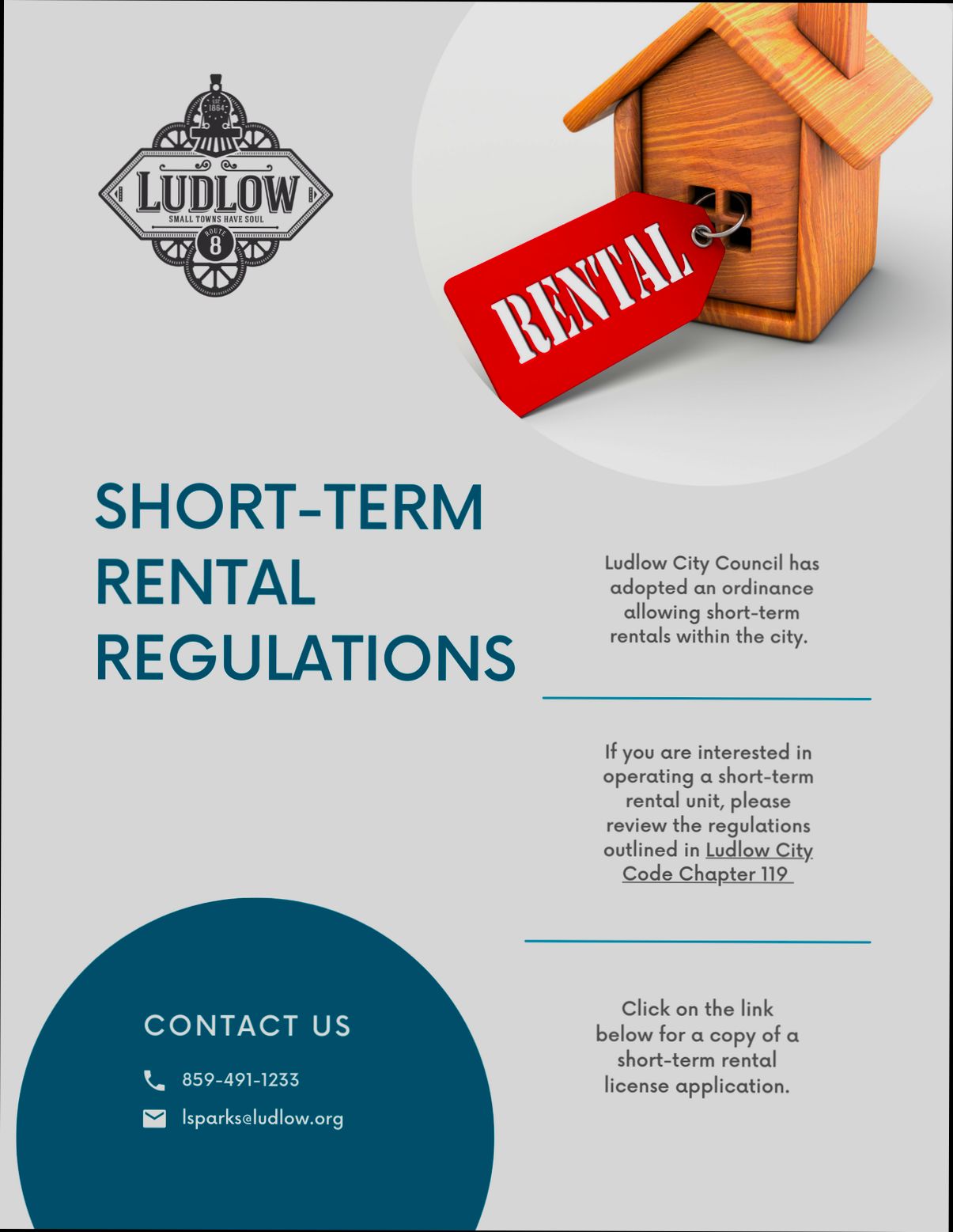
Guide to Obtaining a Rental License
So, you’re ready to rent out your property in Spain? Awesome! But wait, do you have your rental license? Let’s break it down for you in simple terms.
1. Do You Need a Rental License?
First off, yes, you typically need a rental license to legally rent out your property—especially if you’re considering short-term rentals. Each region in Spain has its own rules, so check local regulations. For instance, in places like Barcelona, they take the rental license requirements pretty seriously!
2. Steps to Obtain Your Rental License
| Step | Description |
|---|---|
Step 1 | Check Local Regulations: Search for the specific rules in your region. For example, the Balearic Islands have their own set of guidelines. |
Step 2 | Gather Necessary Documents: These usually include proof of ownership, tax identification, property plans, and proof of security measures. |
Step 3 | Submit Your Application: Head to the local town hall or relevant authority and submit your docs. |
Step 4 | Wait for Approval: Processing times can vary, but you might wait anywhere from a few weeks to a few months! |
Step 5 | Display Your License: Once you receive your license, make sure to display it prominently in your property. |
3. What Happens if You Don’t Have One?
Skipping the rental license can lead to fines ranging from €3,000 to €600,000, depending on where you are and the seriousness of the offense. It’s just not worth the risk!
4. An AI Solution?
If juggling all these processes seems daunting, check out platforms like Residoora and Residoora. They help real estate investors navigate the licensing maze by providing necessary local updates and assisting with applications.
5. Pro Tips:
Always keep copies of everything you submit.
Stay up-to-date! Regulations change often.
Consider hiring a local expert or legal advisor if you’re feeling overwhelmed.

Regional Variations in Licensing Requirements
When it comes to renting out your property in Spain, it’s not a one-size-fits-all scenario. Each region has its own rules and regulations that can make things a bit confusing. Let’s break it down by some popular areas to give you a clearer picture.
| Region | Licensing Requirement | Notes |
|---|---|---|
Barcelona | Mandatory | You’ll need an official rental license (HUTB) for tourist properties. Fines for not having one can reach up to €60,000! |
Madrid | Mandatory | While it’s critical to register with the tourism agency, you don’t necessarily need a specific rental license unless you’re renting out a full property. |
Valencia | Mandatory | Just like Barcelona, you’ll need to obtain a tourist rental license (VT). Though the requirements can be a bit less stringent. |
Andalusia | Mandatory | Here, you’ll need to have your properties registered as tourist accommodation. Make sure to keep everything above board! |
Balearic Islands | Strictly Regulated | These islands have some of the toughest regulations in Spain, with rental licenses that can be very hard to obtain. Expect to face inspections. |
Now, here’s a fun fact: about 30% of tourists in Spain prefer renting through platforms like Airbnb, meaning the demand is there! But remember, the penalties for not getting your licensing right can be steep—so do your homework.
If you’re feeling overwhelmed by the legalese, fear not! Platforms like Residoora can help you navigate these waters. They provide resources to make sure you’re complying with local laws. Plus, their analytics can really help when you’re setting your rental rates!
In summary, always double-check the specific rules in your region when renting out property. It’ll save you a lot of potential headaches (and cash) later on!
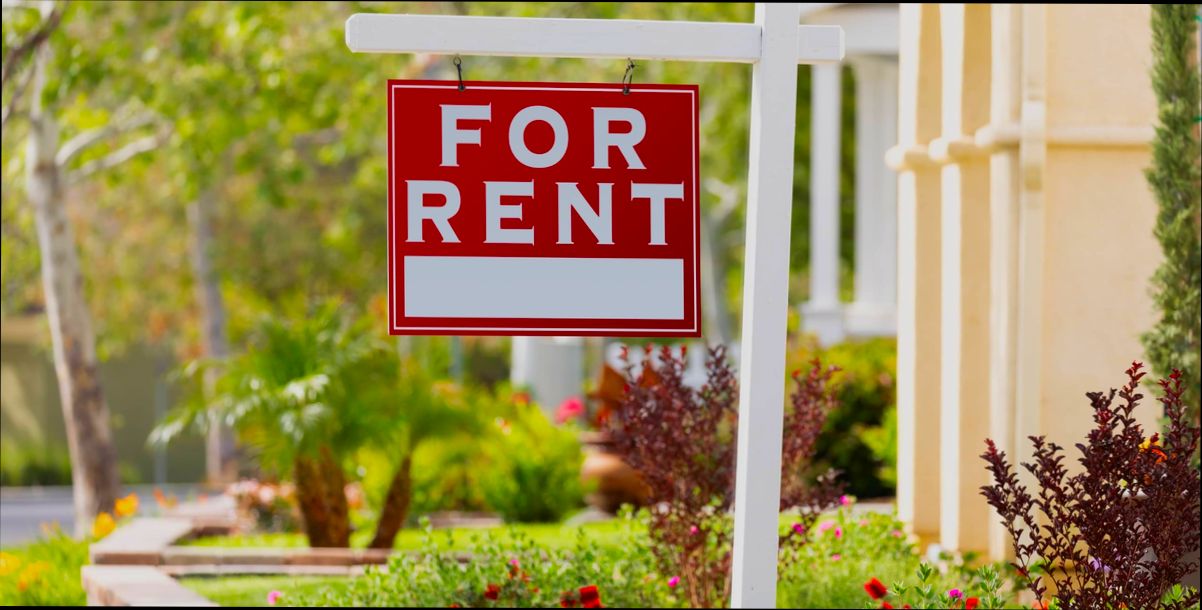
Impact of Licensing on Rental Income
Getting a rental license in Spain isn’t just a bureaucratic hurdle – it can seriously affect how much cash you bring in! So, how does licensing impact your rental income? Let’s break it down.
1. Increased Legitimacy = Higher Demand
Having a rental license boosts your property’s credibility. When potential tenants see that you’re a licensed landlord, they’re more likely to trust you and your property. In fact, studies show that licensed properties can command rents that are 10-20% higher than non-licensed options. This is because tenants feel more secure knowing that your property meets health and safety standards.
2. The Price of Being Illegal
If you think skipping the rental license process can save you money, think again! Many regions in Spain impose hefty fines on landlords renting without a license. These fines can range from €1,000 to over €20,000 depending on the area and severity. Plus, if your property is reported, you could lose your rental income altogether until you get licensed. Not worth the risk, right?
3. Short-Term vs. Long-Term Rentals
Short-term rental markets, like Airbnb, are often much stricter when it comes to licensing. For example, cities like Barcelona require hosts to get a specific license, known as the HUTB. Without it, you’re looking at serious fines, which could lead to huge income losses.
| City | License Type | Potential Fine for Non-Compliance |
|---|---|---|
Barcelona | HUTB | €30,000 |
Madrid | Vivienda de Uso Turístico | €90,000 |
Malaga | Licencia de Alojamiento | €6,000 |
4. Access to Better Platforms
Licensing can also open doors to better rental platforms. For instance, platforms like Residoora offer features tailored for licensed properties. This includes enhanced analytics to maximize your rental income and connect with serious renters. If you’re investing time and money into your property, why not tap into tools that can boost your earnings?
5. Rent Stability
Properties that have the proper licensing generally experience more stability in rental income. Licensed properties often see lower vacancy rates due to their legitimate status, meaning less time without rental income. Plus, with a good reputation from being a licensed landlord, you’re likely to attract long-term tenants, which can mean more consistent cash flow.
In summary, while securing a rental license may seem like a hassle, the positive impact on your rental income can be significant. Trust me, it’s worth it in the long run!
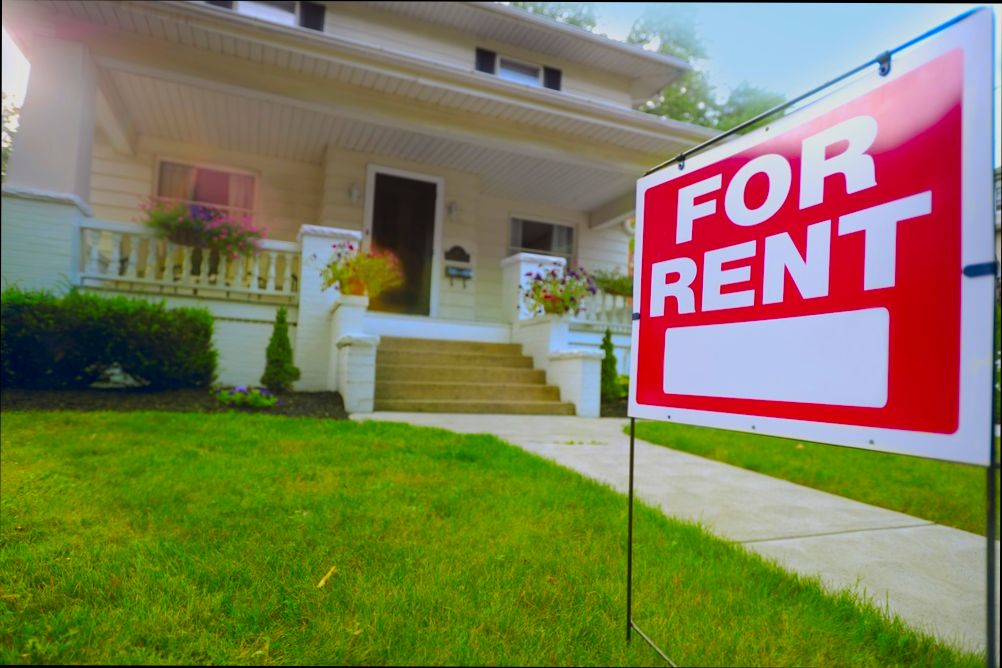
Common Myths About Rental Licenses
Let’s bust some myths about rental licenses in Spain. There’s a lot of confusion, and it’s time to set the record straight!
Myth 1: You Don’t Need a Rental License if You Rent Short-Term
False! If you’re planning to rent your property on platforms like Airbnb or Booking.com, you’ll still need a rental license in most regions. For instance, in places like Catalonia, short-term rentals need a tourist license.
Myth 2: All Areas Require the Same Type of License
Not at all! Different regions have different rules. For example, in Valencia, you need a “Vivienda de Uso Turístico” license for vacation rentals, while in Madrid, you must register with the city hall. Always check local regulations!
Myth 3: It’s a Hassle to Get a Rental License
Yes, it may sound overwhelming, but platforms like Residoora can streamline the process. They provide guidance and help you navigate the application. With their assistance, getting your license can be a breeze!
Myth 4: Once You Have a License, You’re Set Forever
Not quite. Licenses can expire or require renewals depending on the region. For example, in the Balearic Islands, you must renew your rental license every five years. Keep an eye on the expiration!
Myth 5: You Can’t Rent Your Property Without a License at All
Here’s where it gets tricky. Technically, you can rent out your property without a license, but you risk hefty fines. Some landlords have faced fines up to €30,000 for renting illegally. Is that really worth it?
Quick Stats:
| Region | License Required? | Fine for Not Having a License |
|---|---|---|
Catalonia | Yes, Tourist License | Up to €60,000 |
Madrid | Yes, City Registration | Up to €90,000 |
Valencia | Yes, Tourist License | Up to €30,000 |
Keep these myths in mind as you consider renting your property in Spain. It’s always better to do your homework and ensure you’re compliant. Happy renting!
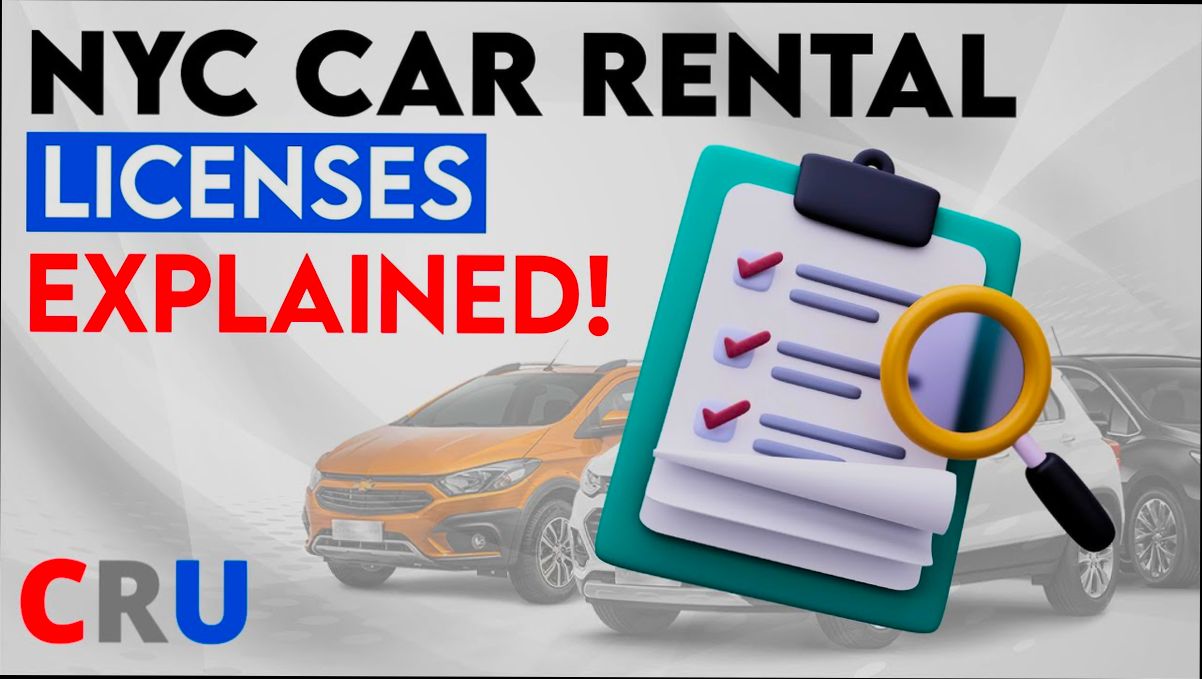
Resources for Property Owners in Spain
If you’re diving into the rental market in Spain, you’ve got to know where to turn for help. Luckily, there are some solid resources out there tailored just for property owners like you. Here’s a quick rundown:
| Resource | What They Offer |
|---|---|
Residoora | This AI platform provides tailored insights for real estate investors. It helps you analyze your property’s potential rental income and guide you through the licensing process. |
Real Estate Associations | Joining local associations can keep you in the loop about regulations, market trends, and networking opportunities with other landlords. |
Local Government Websites | Your local town hall or municipality website is a treasure trove of info about rental licenses, taxes, and compliance requirements. |
Legal Advisors | Consulting with a lawyer who specializes in property law can save you a ton of headaches down the road, especially when it comes to contracts or disputes. |
Residoora.ai | An innovative tool that helps streamline the entire process from property listing to managing bookings and guest communication. |
According to recent statistics, about 22% of Spanish property owners rent out their homes, making it essential to have the right resources at your fingertips. Whether you need help staying compliant with new regulations or simply want to boost your property’s visibility, leveraging these resources can make a big difference.
Whenever you’re feeling lost, just remember: having the right info and tools can turn what seems overwhelming into a manageable task. Happy renting!
